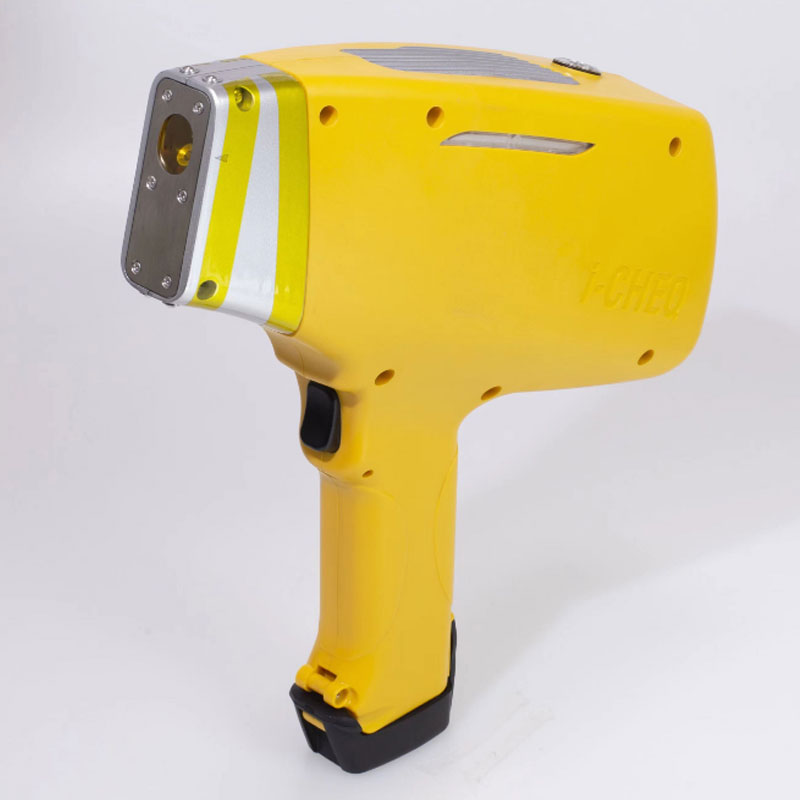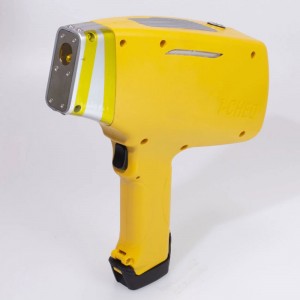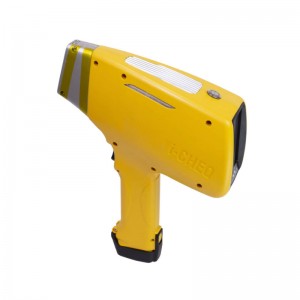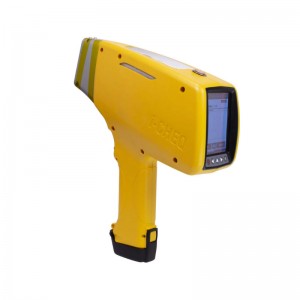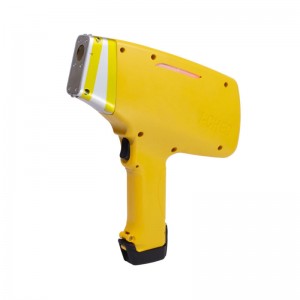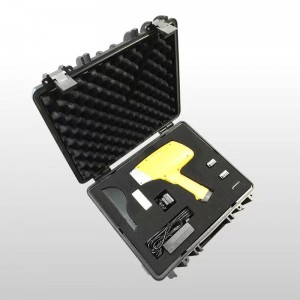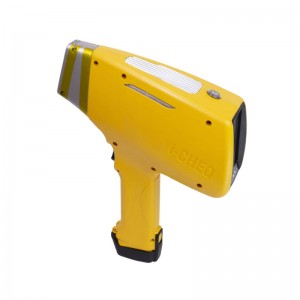Choose Lonnmeter for accurate and intelligent measurement!
LONNMETER Portable Alloy Analyzer for Purchasers
Fields of application of portable alloy analyzer
Alloy full range analyzer
It is used for on-site, non-destructive, fast and accurate analysis and detection of alloying elements and identification of alloy grades.
Boiler, container, pipeline, manufacturing and other high-temperature and high-pressure industries are an important means of PMI safety management for the production process, that is, the reliable identification of materials.
Identify metal materials in the production process of key military and civil engineering industries such as iron and steel smelting, non-ferrous metals, aerospace, weapons manufacturing, submarine ships, etc.
Identify metal materials in petrochemical refining, petroleum refining, fine chemicals, pharmaceuticals, power plants, aerospace, weapons manufacturing, submarine ships, the Three Gorges Project and other key military and national key engineering industries, as well as during engineering installation and construction to ensure equipment Acceptance and material acceptance to meet the specified requirements of the project.
A powerful weapon for metal identification in the scrap metal recycling industry.
In Quality Assurance/Quality Control (QA/QC), the i-CHEQ5000 Alloy Analyzer is widely used in various manufacturing industries ranging from small metal material processing plants to large aircraft manufacturers. All of these companies’ QA/QC projects rely on the i-CHEQ5000 Alloy Analyzer for accurate identification of the materials they use.
Portable alloy analyzer operating modes
1. Analysis mode (standard configuration): provide comprehensive chemical property analysis and coordination through the method of basic parameters; analyze elements; conduct multiple tests on curved tools, and classify specifications into grades. Uses include: analyzing foreign production or rare alloys to obtain average values and general chemical properties based on the results. The identified alloy grades are shown in the table below. There are 93 kinds of iron-based alloys, 79 kinds of nickel-based alloys, 18 kinds of cobalt-based alloys, 19 kinds of copper-based alloys, 17 kinds of titanium-based alloys, 11 kinds of mixed alloys, and 14 kinds of pure elements. A total of 237 kinds of alloy grades, 14 kinds of pure elements.
2. Rapid identification mode (optional): equipped with rapid spectral signal function, cooperate with graded identification of alloy chemistry, quickly and accurately test alloy chemical elements, mainly used for quality assurance in the production environment where productivity and accuracy are important. The identified alloy grades are shown in the table below. There are 9 types of stainless steel alloys, 4 types of chrome-molybdenum steel alloys, 3 types of cobalt-based alloys, 11 types of nickel-based alloys, 5 types of low alloys, 3 types of copper-based alloys, and 1 type of titanium-based alloys.
3. Pass/fail mode (optional): fast grading mode. The operator selects criteria from the signature database as pass/fail comparisons. The decision criteria can be matching spectral signals or the range of chemical properties of certain elements. Useful for: quickly sorting alloys or performing quality control on bought and sold products; sorting mixed alloy shipments


